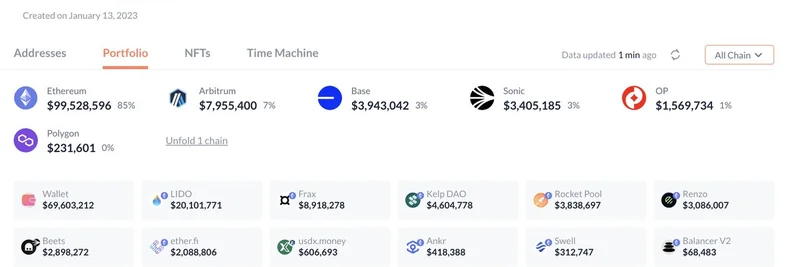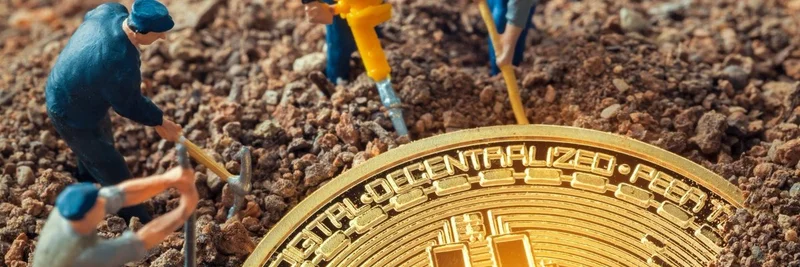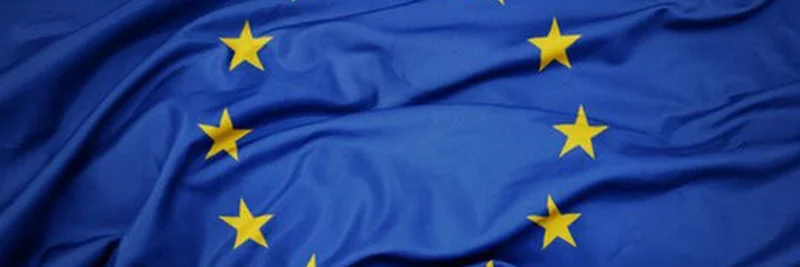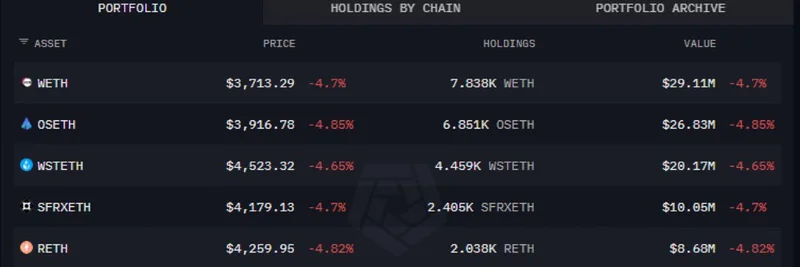If you're keeping an eye on the crypto scene, especially developments from major exchanges like Upbit, then the recent announcement shared by BSCNews on X should catch your attention. The tweet reads: "🚨JUST IN: SOUTH KOREA’S UPBIT LAUNCHES ETHEREUM LAYER-2 GIWA ON TESTNET." This isn't just hype—it's a significant step from Dunamu, the parent company of South Korea's largest crypto exchange, Upbit, as they dive deeper into blockchain infrastructure.
Let's break it down simply. Ethereum, the powerhouse behind many decentralized apps and tokens, often faces congestion leading to high fees and slow transactions. That's where Layer-2 solutions come in. These are scalability upgrades built on top of Ethereum (Layer-1) that process transactions off the main chain but settle them securely back on Ethereum. GIWA is one such Layer-2 network, built using Optimism's OP Stack technology, which relies on Optimistic Rollups to bundle transactions efficiently.
The launch happened at the Upbit Developer Conference in Seoul, where Dunamu introduced GIWA as their Web3 infrastructure brand. The GIWA Chain, the core of this project, is currently live on testnet—specifically, Giwa Sepolia, a testing environment that mimics Ethereum's Sepolia testnet. This allows developers to experiment with Ethereum Virtual Machine (EVM)-compatible applications, making it easy to migrate existing dApps without major overhauls. One standout feature? Ultra-fast 1-second block times, which could make interactions smoother and more responsive compared to Ethereum's typical 12-15 seconds.
Dunamu didn't stop at the chain itself. They also unveiled the GIWA Wallet, a mobile app that supports storing and transferring digital assets across multiple blockchains, including Ethereum, Base, Arbitrum, Avalanche, Polygon, and of course, GIWA Chain. Right now, the wallet is available for demo use, giving early users a taste of multi-chain functionality in a seamless interface. No mainnet launch date has been announced yet, but with the testnet already rolling, it's clear they're moving quickly.
The name GIWA draws inspiration from Korea's traditional roof tiles, known as "giwa," which stack layer by layer to create durable structures. As Dunamu explained, "Similarly, GIWA Chain is intended to stack data securely while enabling smart contract-based applications." This cultural nod underscores their goal: to build a robust, accessible blockchain ecosystem that challenges the dominance of U.S. and Singapore-based platforms. By lowering transaction costs and improving speed, GIWA aims to make Web3 "easy and fun" for everyone, from developers to everyday users.
For blockchain practitioners and meme token enthusiasts, this could be a big deal. Faster and cheaper transactions on an Ethereum Layer-2 mean more efficient trading, launching, and interacting with meme coins without the gas fee headaches. Upbit's move signals South Korea's growing ambition in the global crypto space, potentially attracting more innovation and investment to the region. Keep an eye on giwa.io for updates as the project evolves from testnet to full deployment.
This development highlights how exchanges are evolving beyond trading platforms into full-fledged infrastructure providers, paving the way for the next wave of decentralized applications. If you're a developer, now's the time to test out Giwa Sepolia and see how your projects fit in. Stay tuned to Meme Insider for more on how these tech advancements impact the wild world of meme tokens and beyond.




